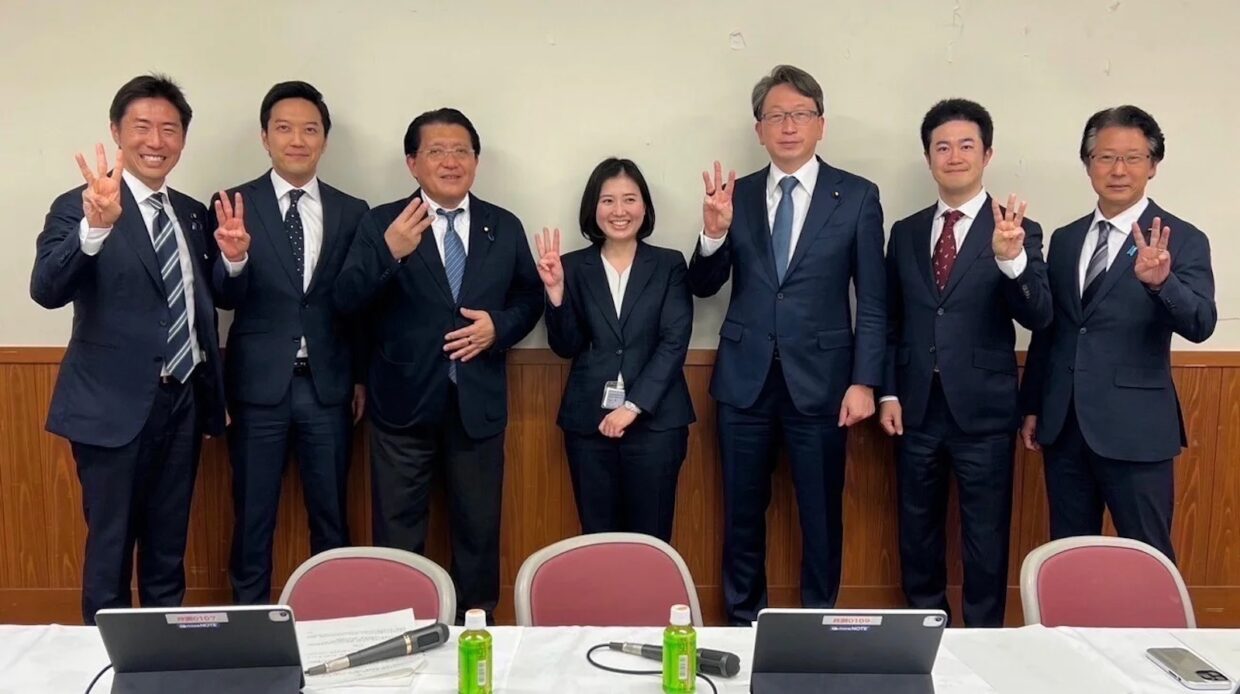Japan’s ruling Liberal Democratic Party (LDP) has unveiled a white paper with recommendations for bolstering the nation’s crypto industry, as part of Prime Minister Fumio Kishida’s “Cool Japan” technology promotion strategy. The LDP’s Web3 project team aims to create a more crypto-friendly environment in Japan, countering the heavy tax burdens that have driven firms to other jurisdictions.
According to the white paper, the team’s goal is for Japan “to be the first country to emerge from the ‘crypto winter’ and embrace the new stage of Web3,” adding that it hopes to receive feedback and opinions on their recommendations, aiming to create a more inclusive digital asset landscape.
To that end, the LDP’s Web3 team is working on regulatory proposals for NFTs and decentralized autonomous organizations (DAOs). Akihisa Shiozaki, secretary-general of the Web3 project team, emphasized the shift towards mass adoption of cryptocurrencies, highlighting the entrance of major Japanese companies into the market.
The white paper suggests that Japan should clarify its leading position on technology-neutral and responsible innovation and show leadership at this year’s G7 summit, where crypto will be discussed. The document also proposes tax regulation changes, including tax exclusions for companies holding tokens issued by others that won’t be short-term traded, and allowing self-assessments for investors to carry over losses for three years.
The paper identifies the lack of accounting standards as a pressing issue and recommends that ministries and agencies support the Japanese Institute of Certified Public Accountants in developing guidelines. It also suggests establishing a DAO law based on Japan’s godo kaisha (a limited liability company-type business) and revising regulations under the Companies Act and the Financial Instruments and Exchange Act.
Additionally, the white paper advises streamlining token issuance processes and establishing a stablecoin registration process and self-regulatory organization. It also calls for developing proposals for yen-backed stablecoins and providing guidelines for banks and insurance companies entering the industry.
On NFTs, the document proposes public-private partnerships to establish guidelines on legal business models for fantasy sports services and sorting out data and NFT rights. It recommends considering ways for content holders to legally license NFTs.
The white paper also proposes appointing a Web3 minister to promote policies and international cooperation, as well as issuing crypto visas to skilled workers and expanding the startup visa system.



